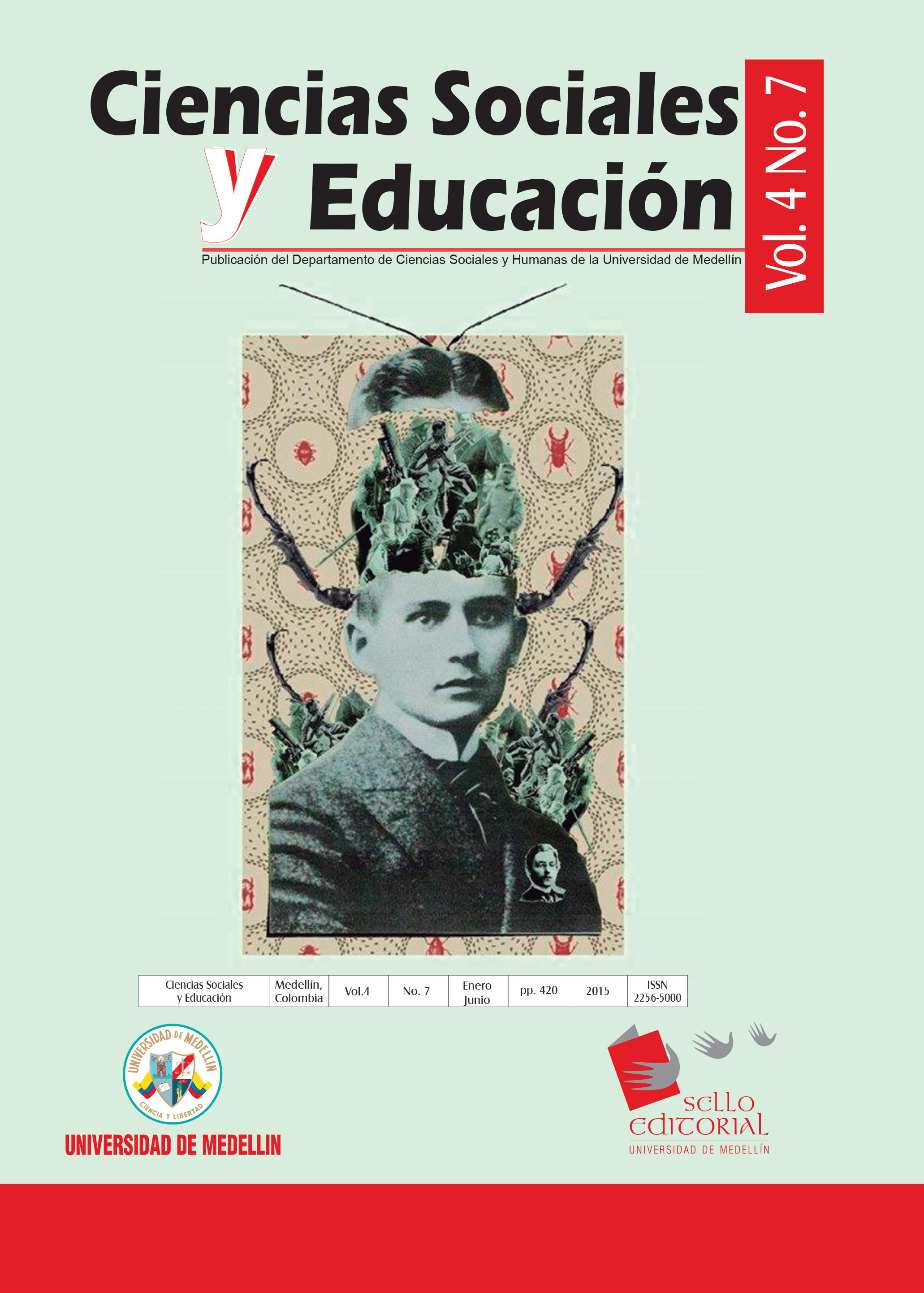The Teacher: An artisan of Language. Writing and Aesthetic Experience of the Word
Main Article Content
Abstract
The identity of a work expressed through writing is knitted in voices and efforts which are embedded in the meÂmory and leave a mark in the narration. The teacher is an actor of this language moved by social and cultural history, which allows making of writing an ethical and aesthetical profession in which the hand constructs and name emotions which go through the body. Writing is the vital tesÂtimony of a teacher as a craftsman; it is the art of language which emerges from its silence with the reading of the narration, but it is also the power of thought placed on an aesthetic pretext in which people ask for and reflects about time, and the space of the word; that is to say, chronologies, 'kairologías,' territorialities, and scenarios of education spheres.
In relation to these ideas, a pedagogiÂcal discussion about the need of thinking artisanal writing as an aesthetical and political intention, in which the testimony of a teacher’s ethical commitment has been proposed, as well as the perspective of new challenges education shall assume in order to reencounter the language with life and with socio cultural heredity, which accouÂnt for the subject and subjectivities that go to education processes, and that have a deploy and search in the creative and productive arena of writing. There will be an attempt for defending the pedagogy of possibility in language, a narration where memory traces a bridge for the encounter of two epochs, of faces, of events, of silenÂces and knowledge, where the teacher is called to knit, carve, draw, compose, and communicate craftwork that education has forgotten, e.g., to recover the aesthetic memory, which also implies an oversight of the art hegemonic way.

